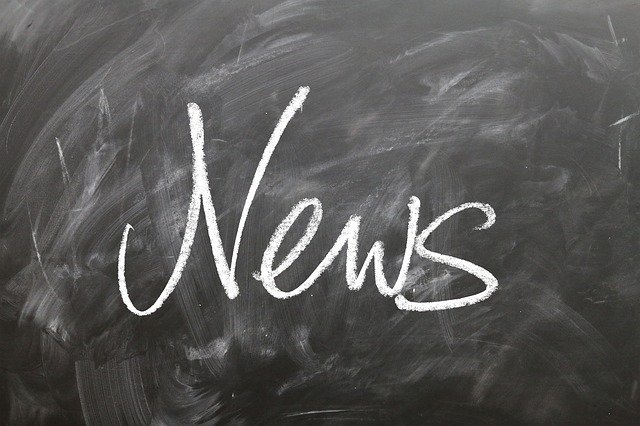
Is it unethical to patent?
The Covid-19 pandemic has prompted many companies to invest time and effort in developing technology that is aimed at helping care for, test, or treat people suffering from the disease. In normal times, these might be considered normal commercial activities and would be considered for patenting without a second thought. However, the fact that these developments are typically not being motivated by pure commercial gain but by a desire to do something for the public good causes many companies to question whether or not they should seeks patents, or any other form of intellectual property protection.
This concern is not unique to Covid-19. Similar concerns have been raised in the past by companies seeking to provide solutions to previous large-scale disasters such as the oil spill in the Gulf of Mexico following the explosion on the Deepwater Horizon platform, the fires and pollution from oil wells in the Gulf War and the Ebola virus outbreak in Africa. The companies are concerned both to do the right thing, and not to be seen as profiting from or exploiting the suffering of others.
It is useful to consider the difference between owning a right and using that right. Owning a patent right does not inherently prevent anyone from performing the invention. A patent right is an exclusive right; it is the right to stop someone from doing something, not an absolute barrier to anyone doing something. Patent laws in most countries provide statutory defences for certain types of actions that otherwise might be subject to the right.
The question of whether or not it is ethical to own a patent would not seem to be an issue. Ownership of such rights is a question of law and depends on the relationship between the company and the creator. If this is an ethical relationship, the ownership arising from the relationship should be ethical. While some commentators have questioned whether or not it is appropriate for private companies to own the IP results of technology developed with public funding, this is something that can be addressed in the conditions for that funding.
The main issue therefore appears to be the way in which a company uses its patent rights. A recent editorial in Nature[1] proposes that patent pooling is the best way to proceed when dealing with R&D to address the Covid-19 issue. A number of companies have come together the establish the Open Covid Pledge[2] in which the partners sign up to make their IP freely available for the purpose of ending the Covid-19 pandemic.
Both of these solutions illustrate that it is the behaviour of the patent owner that can be judged on ethical standards, not the fact of its ownership of patents.
By patenting, the developer of a technology has an opportunity to control how it is used. That control can be in the form of ensuring ethical behaviour, such as by preventing exploitative pricing, or ensuring non-discrimination in availability. The patent potentially allows a patent owner to punish unethical behaviour by anyone using the patented technology.
Put simply, a patent owner can determine the conditions that ensure patented technology becomes available to the public good, if it so desires. By patenting the invention, the owner can still use it in the normal commercial manner where an overriding public need is not present. Once Covid-19 is under control, it is possible that some of the inventions that have been created will have wider application and can form the basis of new businesses.
This is not a new concept. In 1959, Nils Bohlin at Volvo patented the three-point seat belt, an invention that has possibly saved more lives and prevent more injuries than any other in automotive technology. Volvo decided to release this invention to the world at large and lobbied for its widespread adoption[3].
As Volvo showed more than 50 years ago, it is possible to own a patent and use it ethically for the greater public good. Once a company has patented an invention, it is up to them how it is used in the market. If it does not patent, it has little ability to control how anyone else uses the technology, whether ethically or otherwise.
Martin Hyden, Patent & Trade Mark Attorney
[1] Coronavirus: everyone wins when patents are pooled https://www.nature.com/articles/d41586-020-01441-2
[2] https://opencovidpledge.org/
[3] https://www.forbes.com/sites/douglasbell/2019/08/13/60-years-of-seatbelts-volvos-great-gift-to-the-world/








